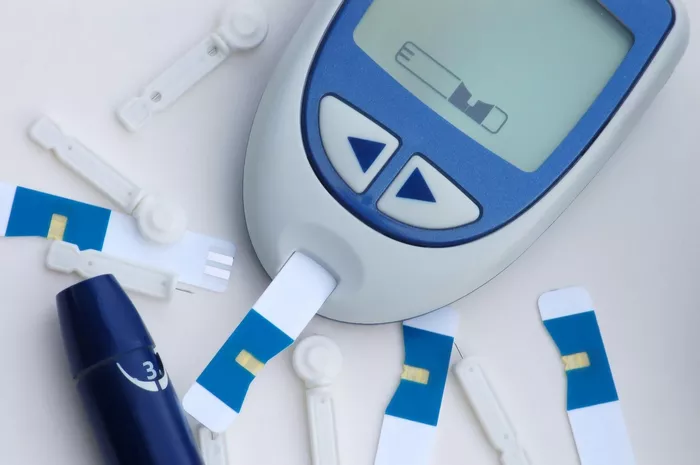Breakfast serves as the cornerstone of our daily nutritional intake, providing essential fuel to kickstart our day. For individuals with diabetes, however, the morning meal holds even greater significance. It sets the tone for stable blood sugar levels throughout the day and plays a vital role in overall health management. Balanced nutrition not only supports metabolic health but also aids in managing diabetes effectively. Let’s delve into key considerations for crafting diabetic-friendly breakfasts that promote satiety, stabilize blood sugar levels, and pave the way for a healthier lifestyle.
Key Considerations for Diabetic Breakfasts
When it comes to diabetic breakfasts, striking the right balance is paramount. Opting for foods with a low glycemic index (GI) helps minimize spikes in blood sugar levels, ensuring a steady release of energy. A balanced breakfast should encompass a harmonious blend of carbohydrates, protein, healthy fats, and fiber. This combination not only promotes satiety but also helps prevent blood sugar fluctuations, setting the stage for a well-managed day ahead.
Suitable Carbohydrate Choices
Choosing carbohydrates wisely is fundamental in managing diabetes. Opt for whole grains like oatmeal, quinoa, or whole wheat bread, which boast low to moderate glycemic index values. Non-starchy vegetables such as spinach, kale, and peppers add a burst of flavor and nutrients without causing significant spikes in blood sugar levels. Fresh fruits like berries, apples, oranges, and kiwi are excellent choices, providing natural sweetness and a plethora of vitamins and antioxidants.
Protein-Rich Options
Incorporating protein into your breakfast regimen is key to stabilizing blood sugar levels and promoting fullness. Consider including lean protein sources such as eggs, Greek yogurt, cottage cheese, turkey, chicken breast, or plant-based alternatives like tofu or tempeh. These protein-rich options provide a solid foundation for your morning meal and help keep hunger at bay.
Healthy Fat Sources
Healthy fats play a crucial role in slowing down the absorption of carbohydrates and prolonging feelings of satiety. Incorporate sources of healthy fats like avocado slices, nuts, seeds, or nut butter spread on whole grain toast. These nutrient-dense additions not only enhance the flavor and texture of your breakfast but also contribute to overall heart health.
High-Fiber Choices
Dietary fiber is a nutritional powerhouse, renowned for its ability to improve blood sugar control and support digestive health. Boost your breakfast with high-fiber foods such as cereals or granola, whole fruits with skin intact, legumes like lentils or chickpeas, and a colorful array of vegetables like broccoli, Brussels sprouts, and cauliflower.
Sample Breakfast Ideas
Kickstart your day with a variety of delicious and nutritious breakfast options:
- Overnight oats topped with fresh berries and a dollop of Greek yogurt.
- Veggie omelet filled with spinach, tomatoes, and peppers, paired with whole wheat toast.
- Greek yogurt parfait layered with sliced bananas, almonds, and a drizzle of honey.
- Smoothie made with kale, berries, avocado, and chia seeds for a nutrient-packed start.
- Scrambled tofu with sautéed vegetables and a side of whole grain toast.
Meal Planning Tips
Streamline your morning routine with these meal planning tips:
- Prep ingredients in advance to streamline breakfast preparation.
- Batch cook grains, proteins, and vegetables for quick and easy assembly.
- Experiment with make-ahead breakfast options like overnight oats or egg muffins.
- Opt for healthy swaps to lower the carbohydrate or calorie content of traditional breakfast foods, such as using almond flour in pancakes or swapping sugary cereals for high-fiber alternatives.
Conclusion
Crafting a diabetic-friendly breakfast is an empowering step towards managing diabetes and supporting overall well-being. By incorporating a diverse range of nutrient-rich foods and practicing portion control, individuals can start their day on the right foot and set the stage for a healthier lifestyle ahead. With careful planning and mindful choices, breakfast becomes not only a source of nourishment but also a cornerstone in diabetes management.
Related Topics:
How To Increase Insulin Resistance?
























